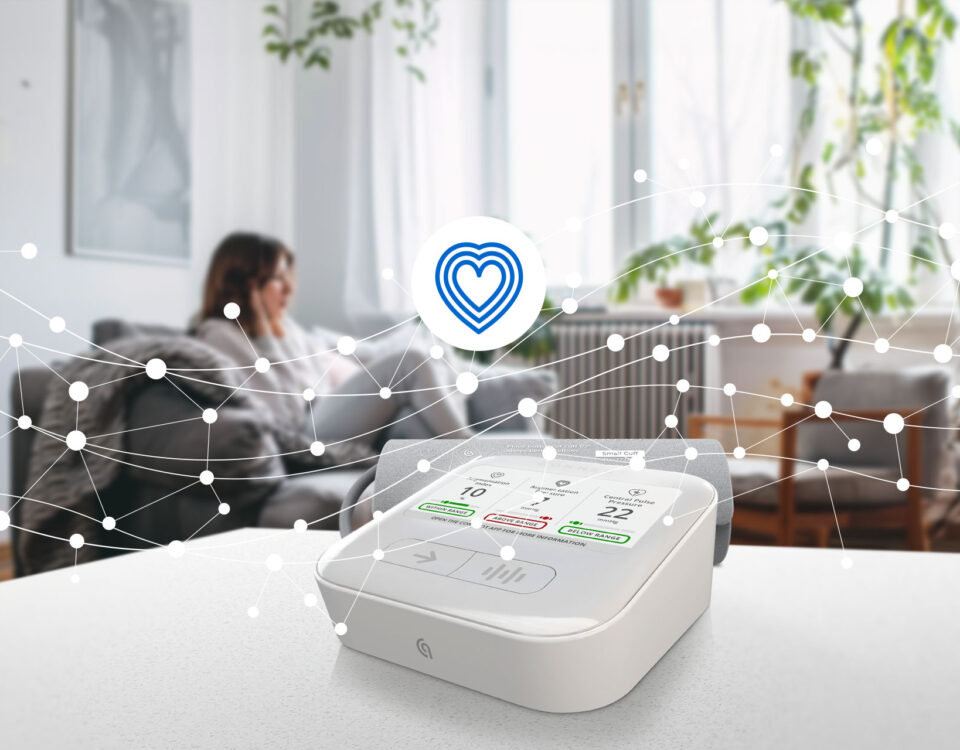The maximum pressure of the heart when beating is known as systolic pressure.
Between heartbeats, when the heart relaxes, the pressure is known as diastole. Pulse pressure represents the difference between systolic and diastolic blood pressure. The higher the central pulse pressure, the greater the pressure exerted on organs such as the heart, brain and kidneys. In addition to increasing the risk of heart and circulatory problems, studies show elevated central aortic pulse pressure can independently predict end organ damage like renal failure and Alzheimer’s.
What Is a Normal Pulse Pressure?
If your resting blood pressure is 120/80 millimeters of mercury (mm Hg), your pulse pressure is 40. This is considered a normal, healthy pulse pressure. Any pulse pressure reading over 40 mm Hg should be monitored as it could be an early warning sign of an increased risk of heart attack, stroke or other circulatory problems. Studies show an increase in pulse pressure as minor as 10 mm Hg can elevate the risk of heart disease by 20 percent.
What Causes a High Pulse Pressure?
As people age, their arteries naturally stiffen. The process of arterial stiffening can be accelerated by negative lifestyle factors such as a poor diet, smoking, and a sedentary lifestyle. The stiffer the arteries, the faster blood moves through the circulatory system. As a strong pulse wave of blood moves from the aorta to the narrow capillaries, it hits a wall and some of this blood gets reflected back to the heart prematurely while the organ is still trying to push out out blood (systole). This puts an enormous strain on the heart.
How is Central Pulse Pressure Measured?
Until recently, this sophisticated vascular biomarker could only be measured within a professional setting. By combining a traditional brachial cuff with wave form analysis to measure pulse pressure non-invasively, Conneqt Pulse allows users to measure central pulse pressure from the comfort of their own home in just over five minutes. Results automatically sync to a HIPPA compliant, fully encrypted patient portal that physicians can monitor remotely.




